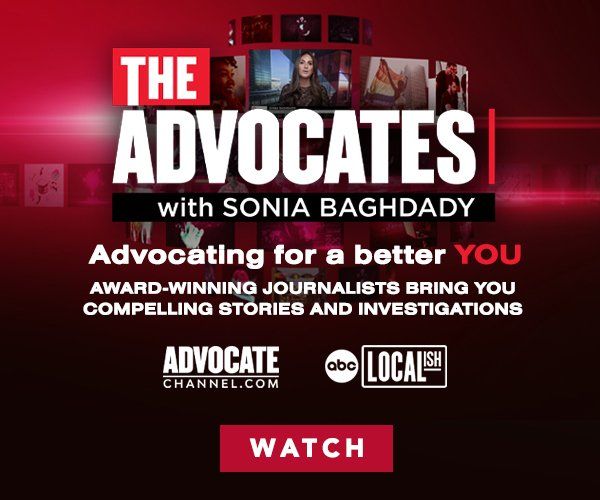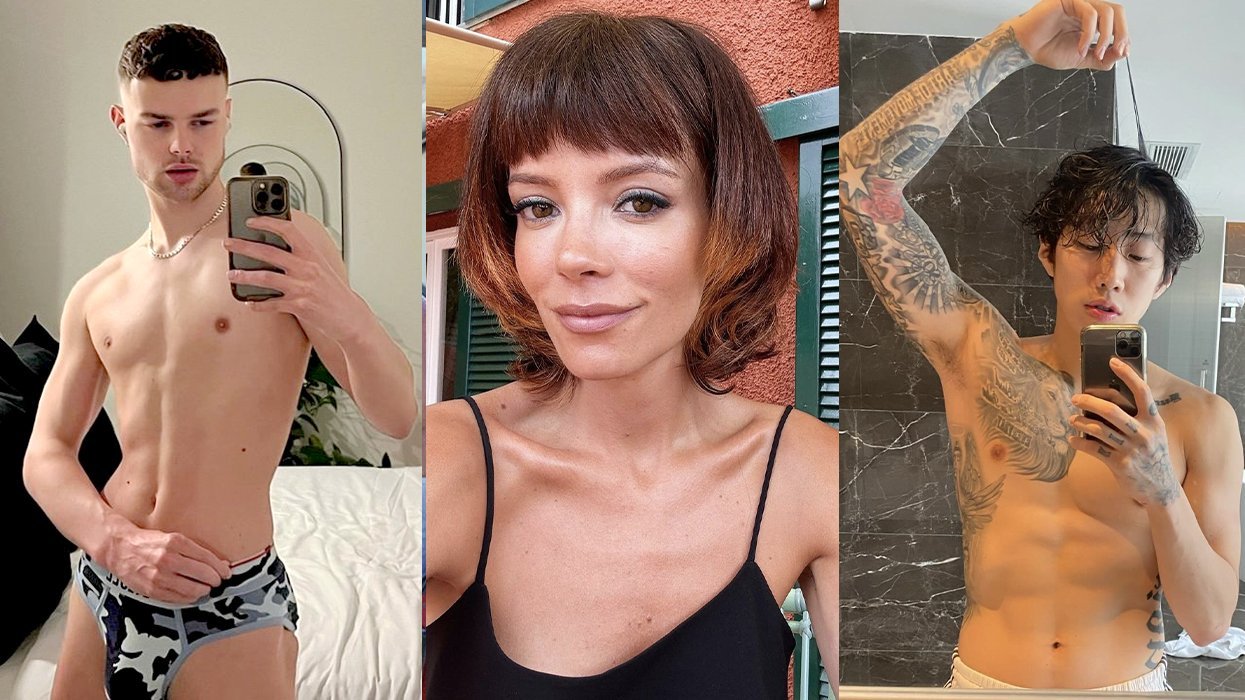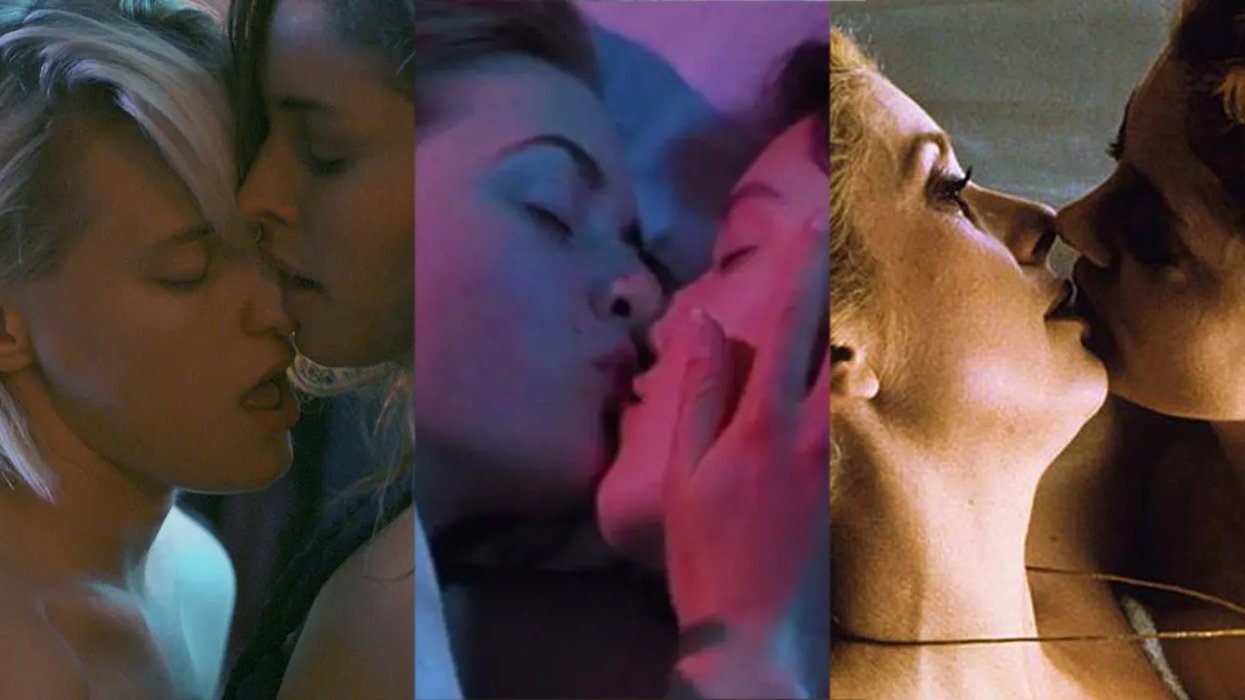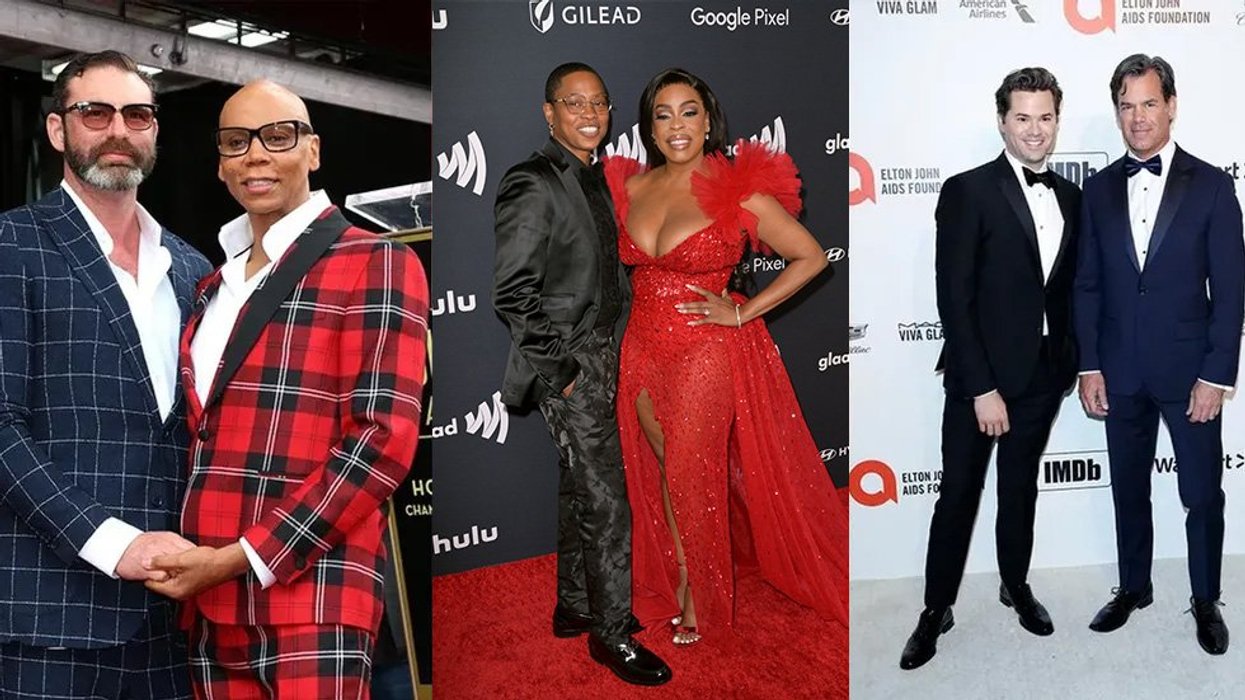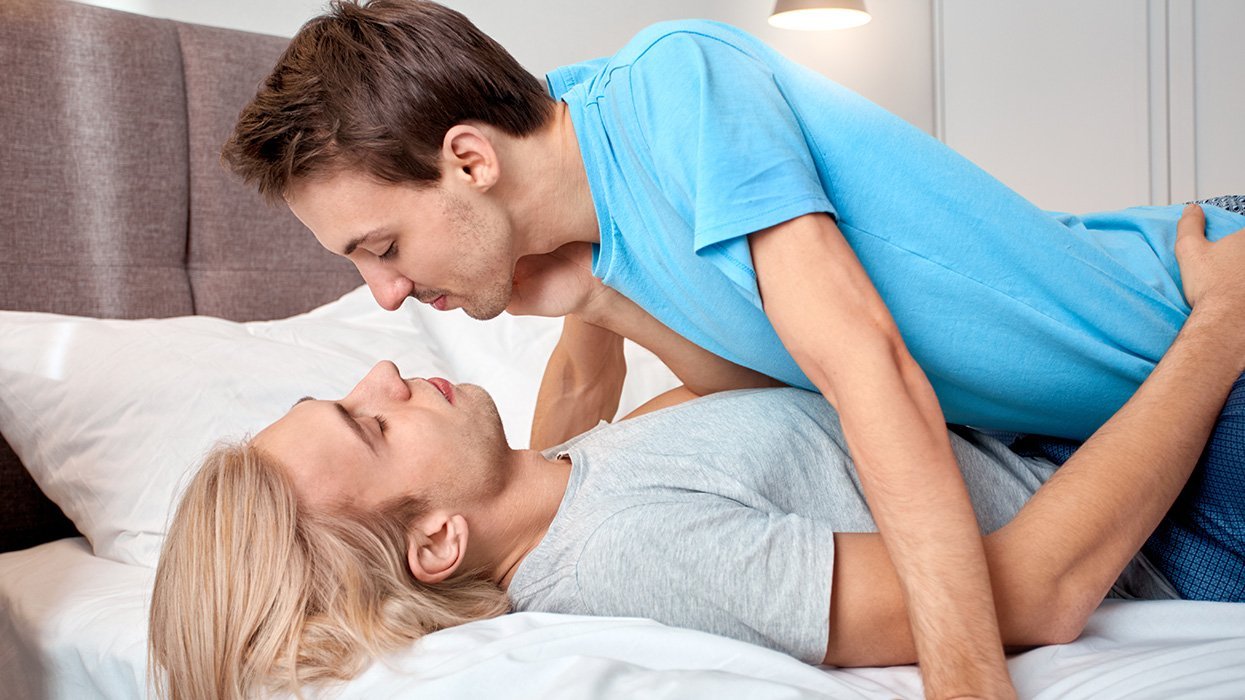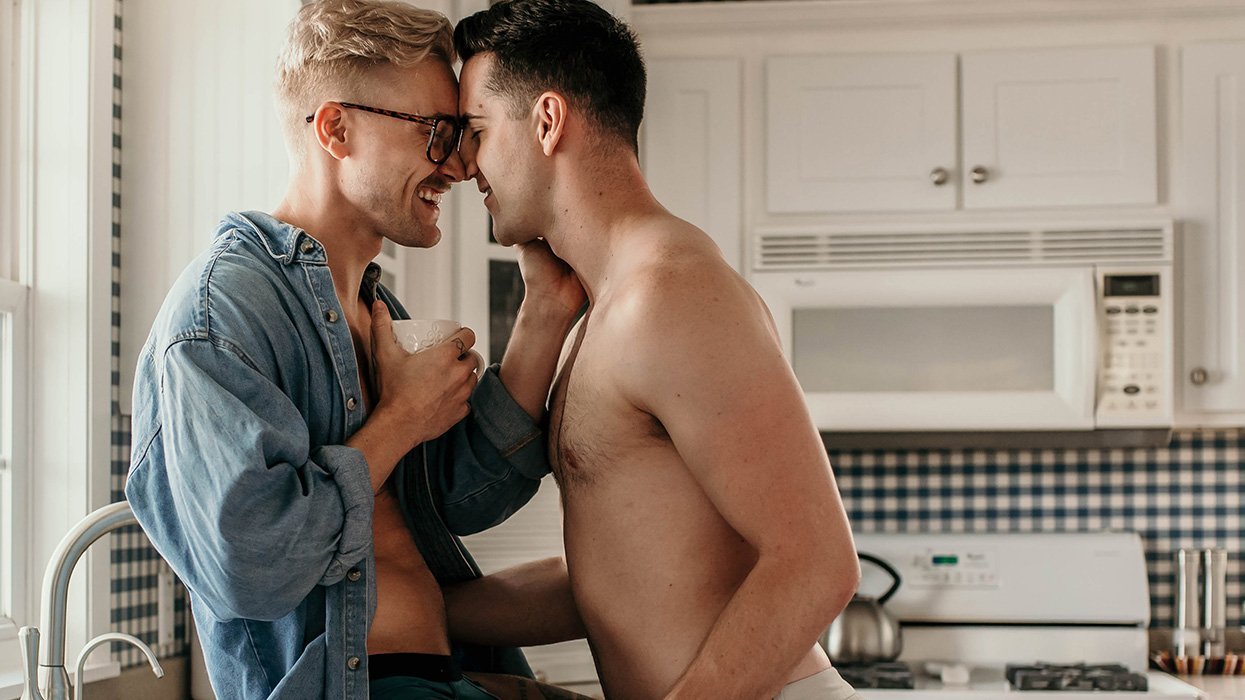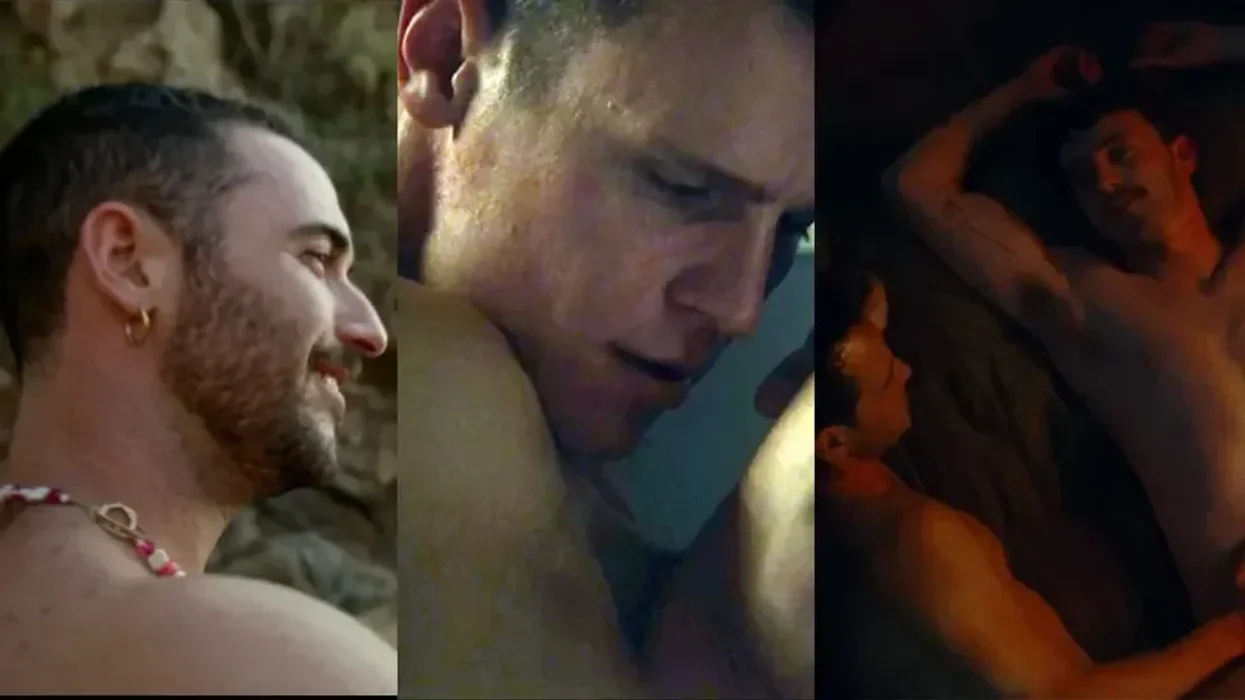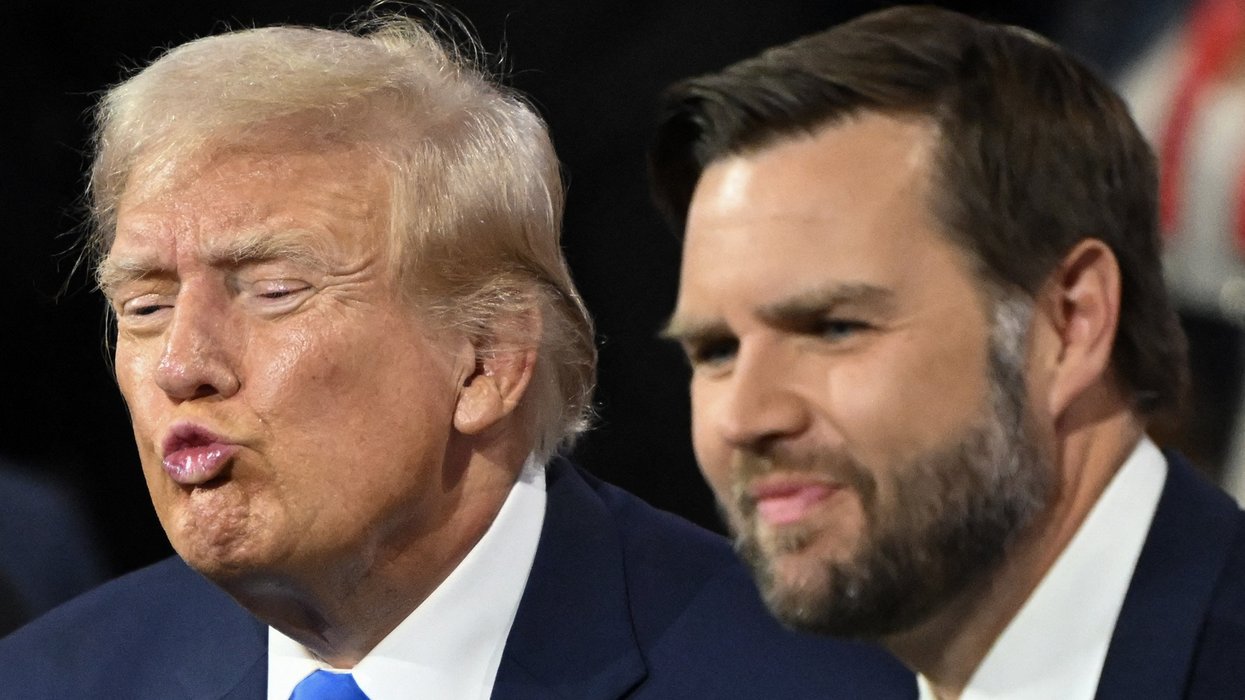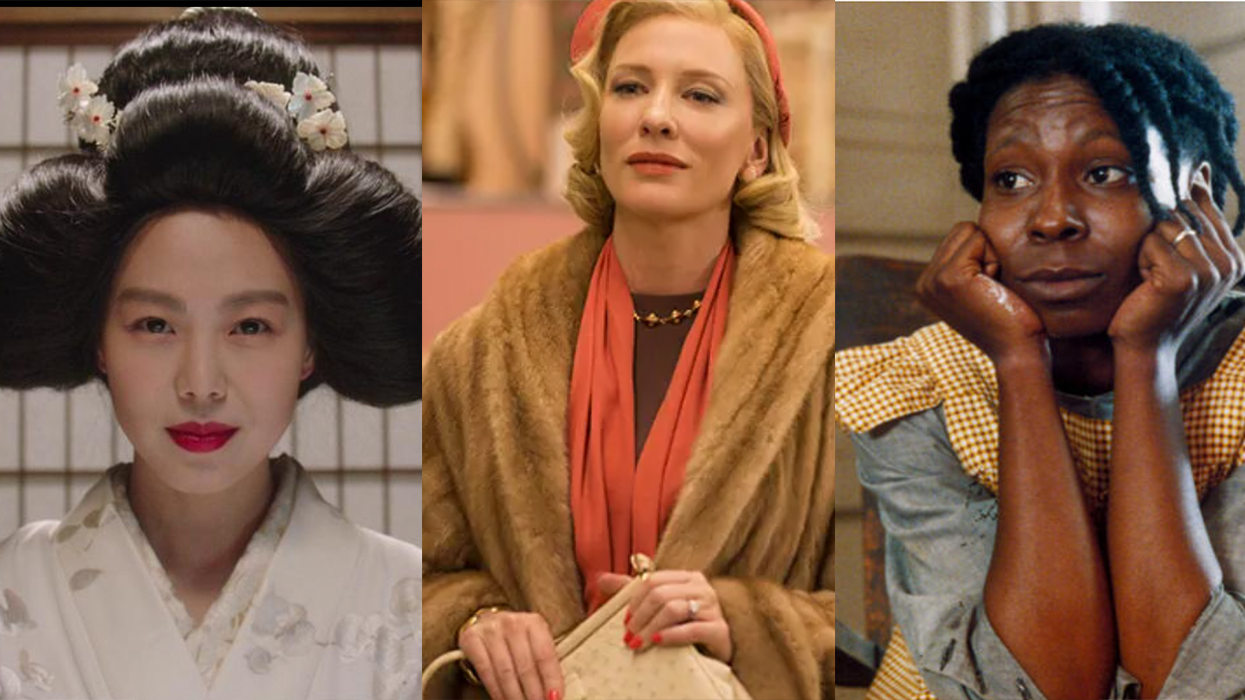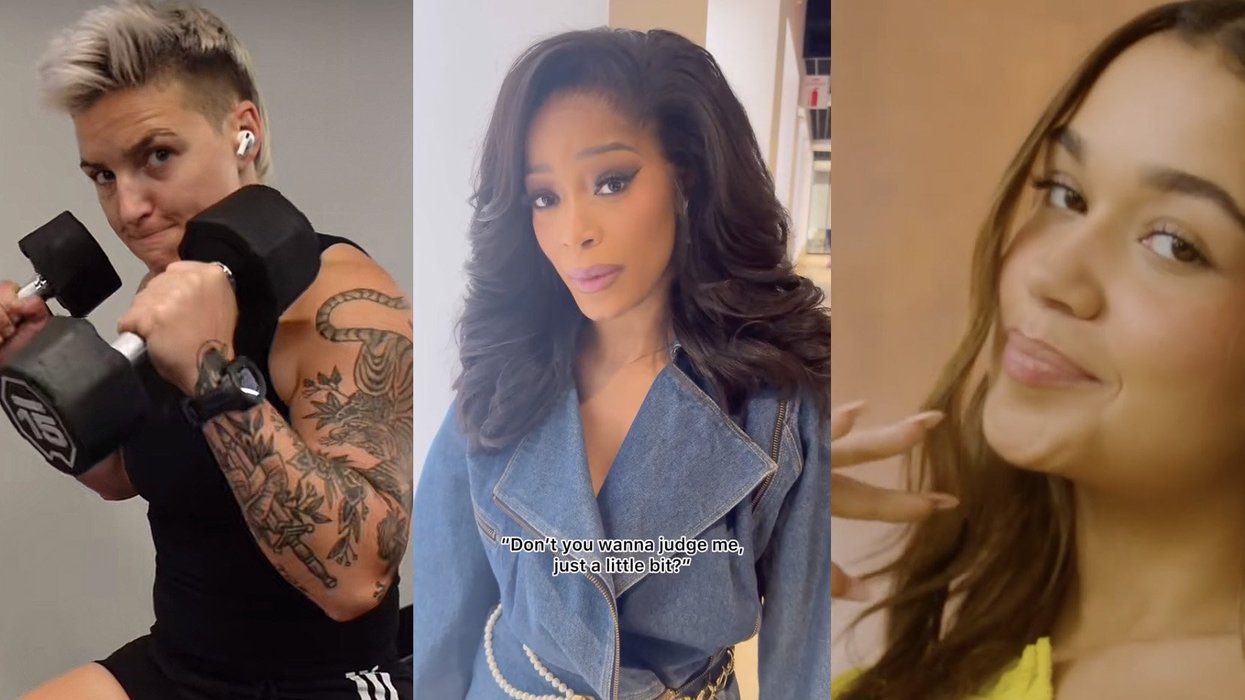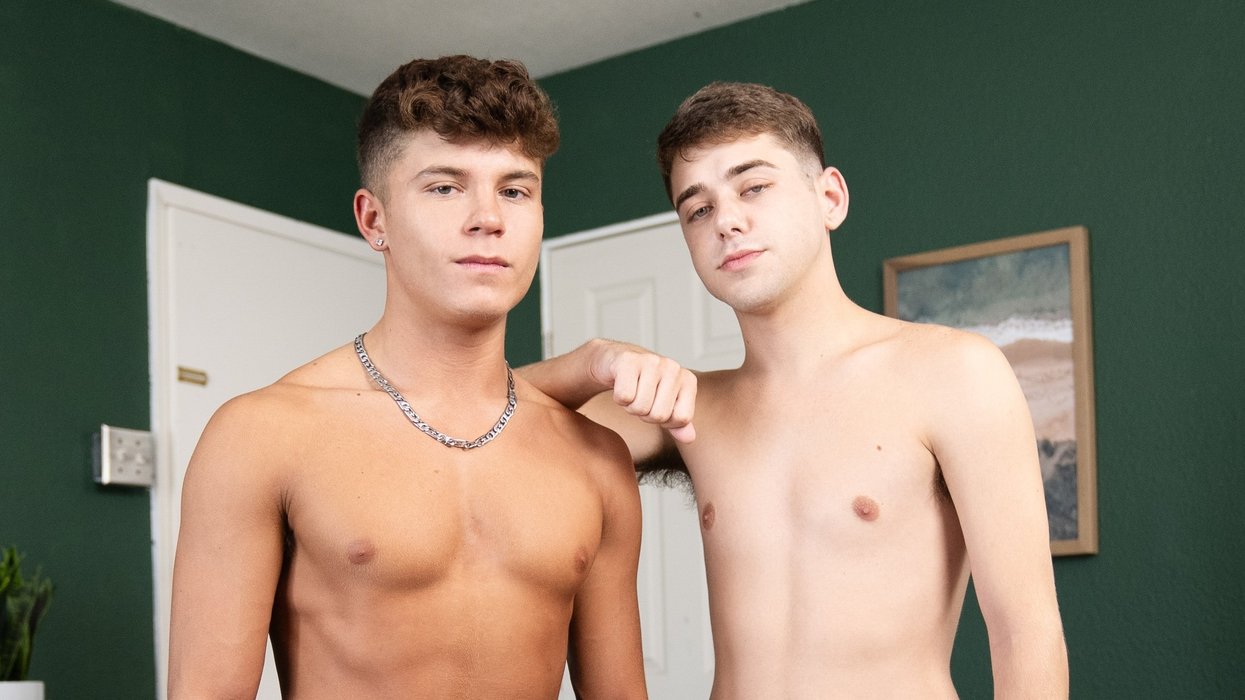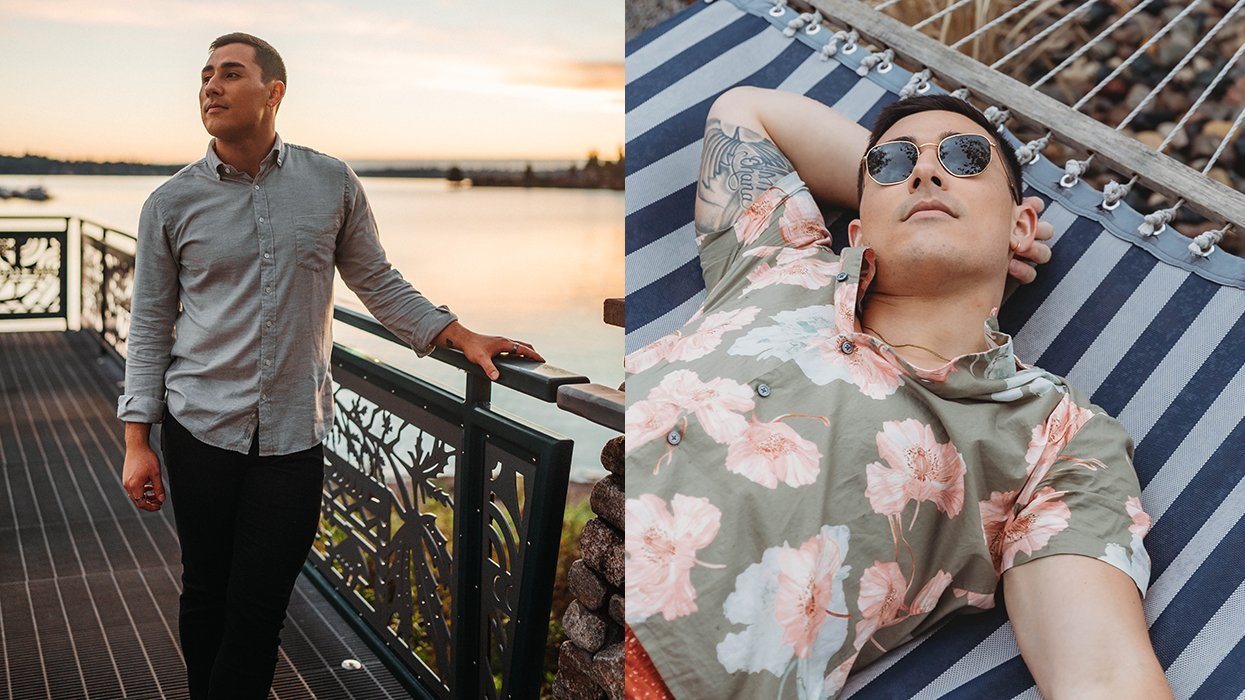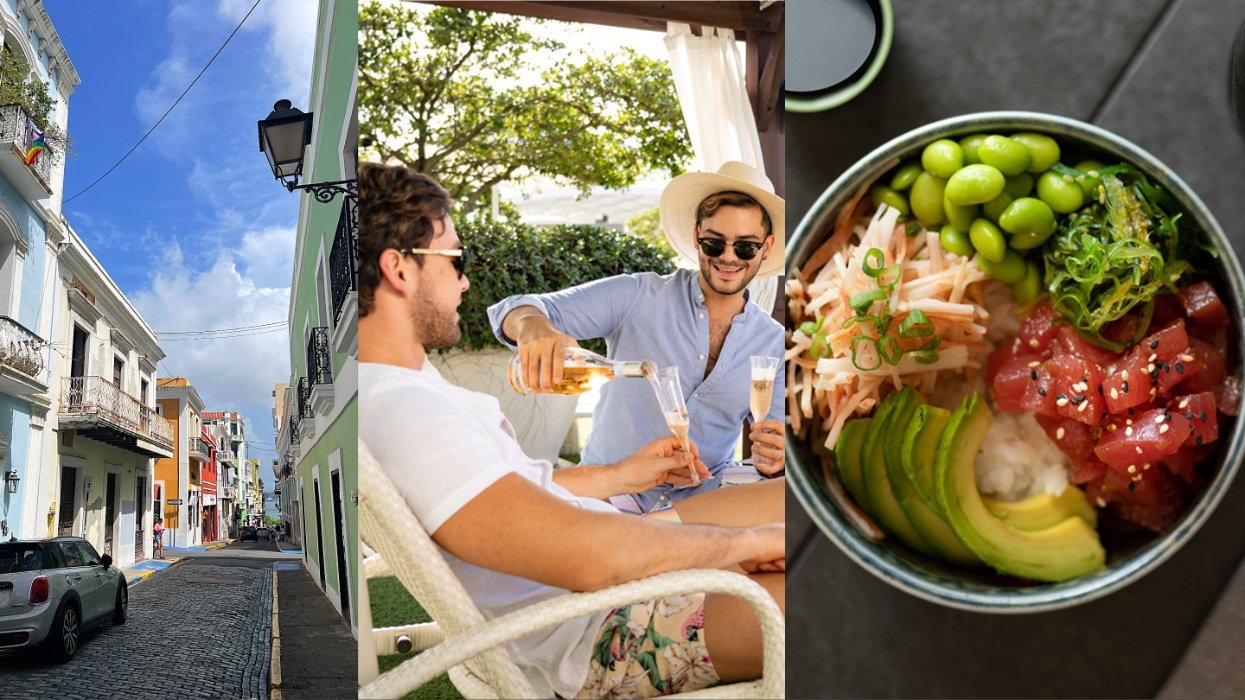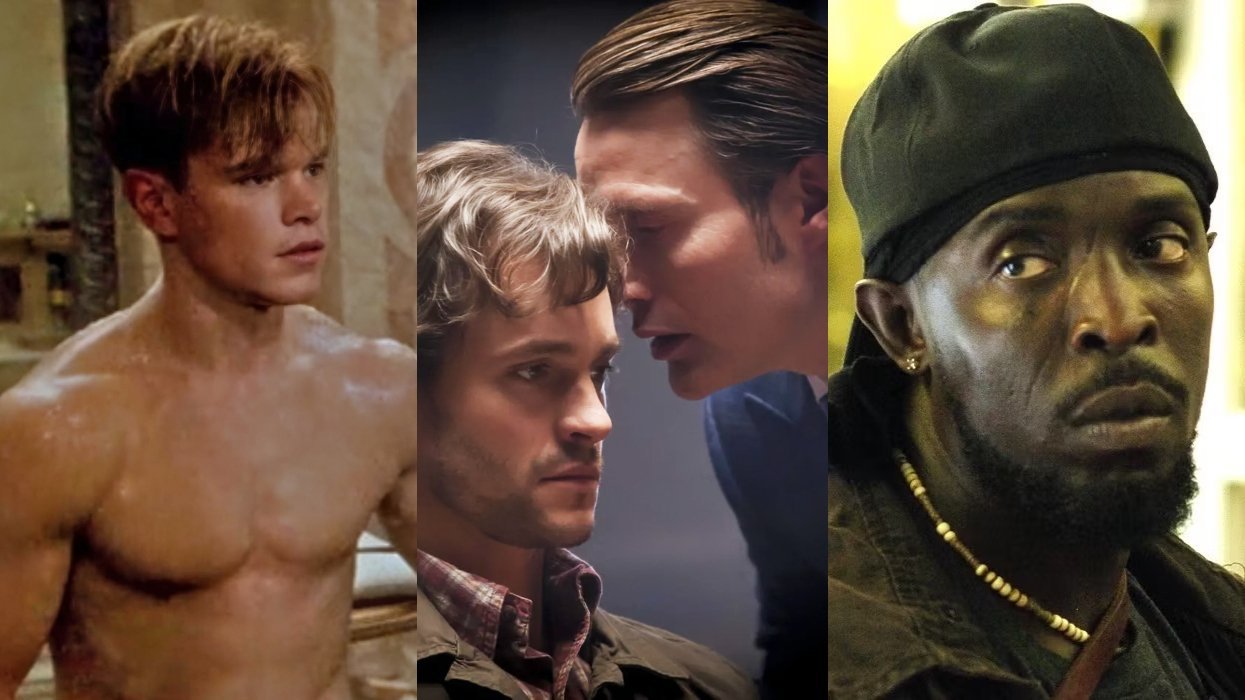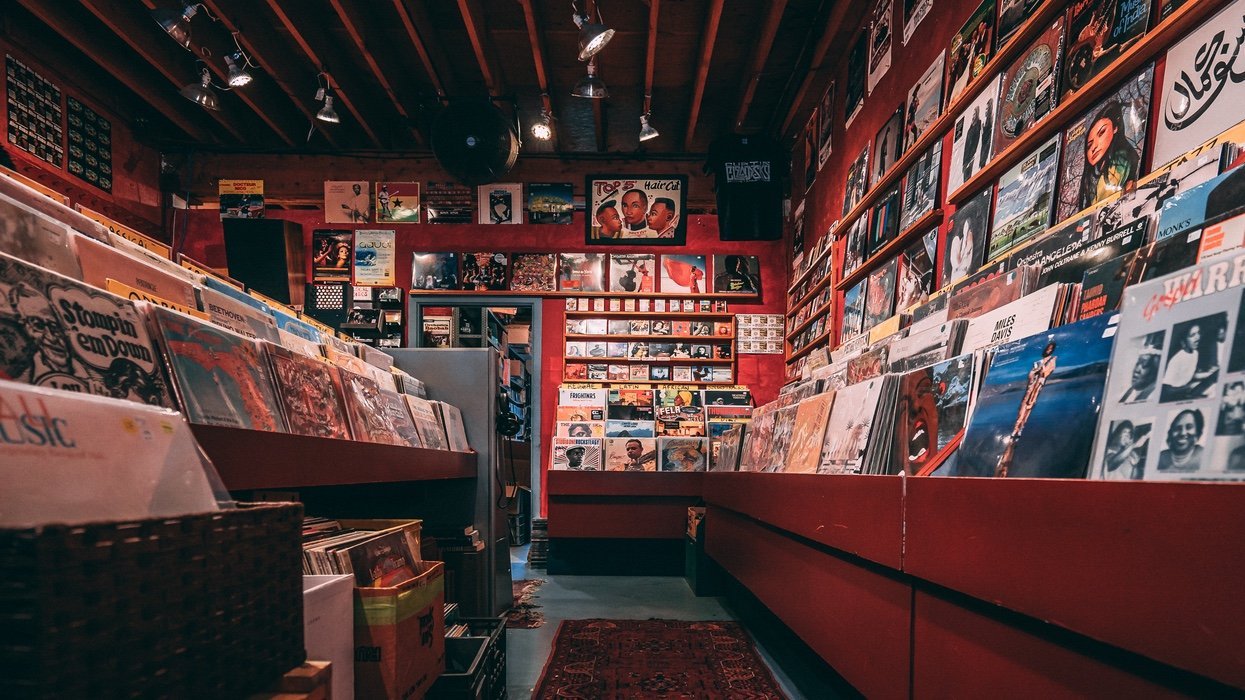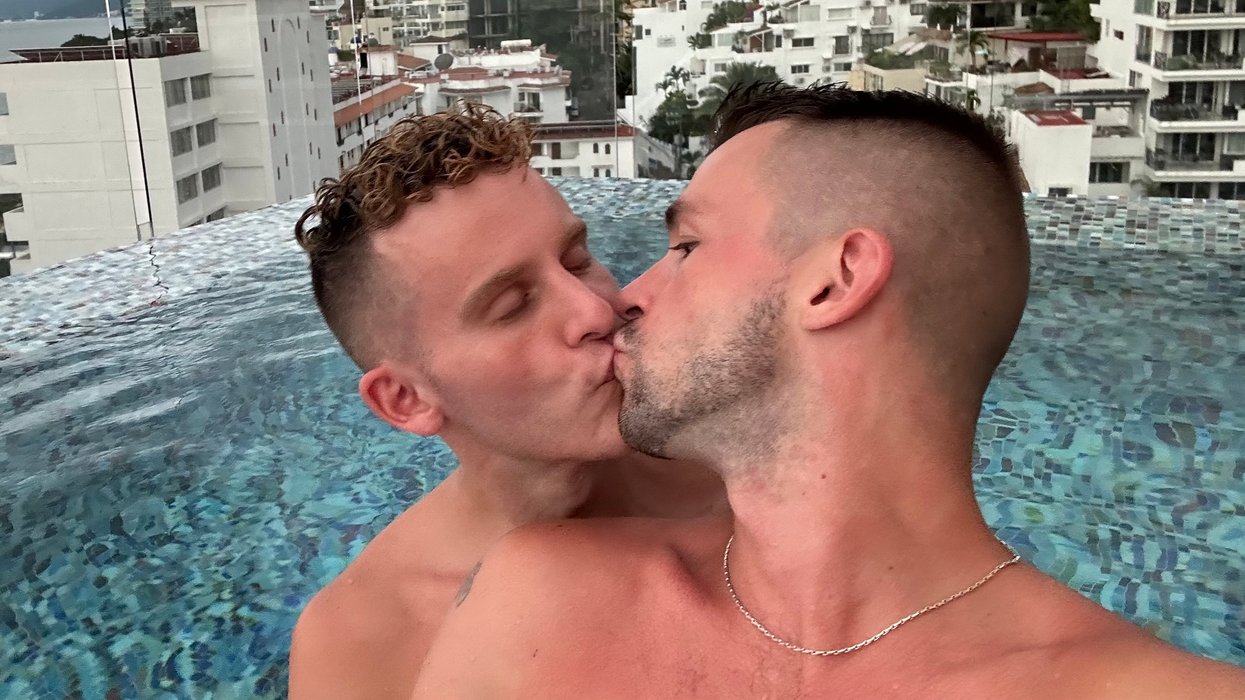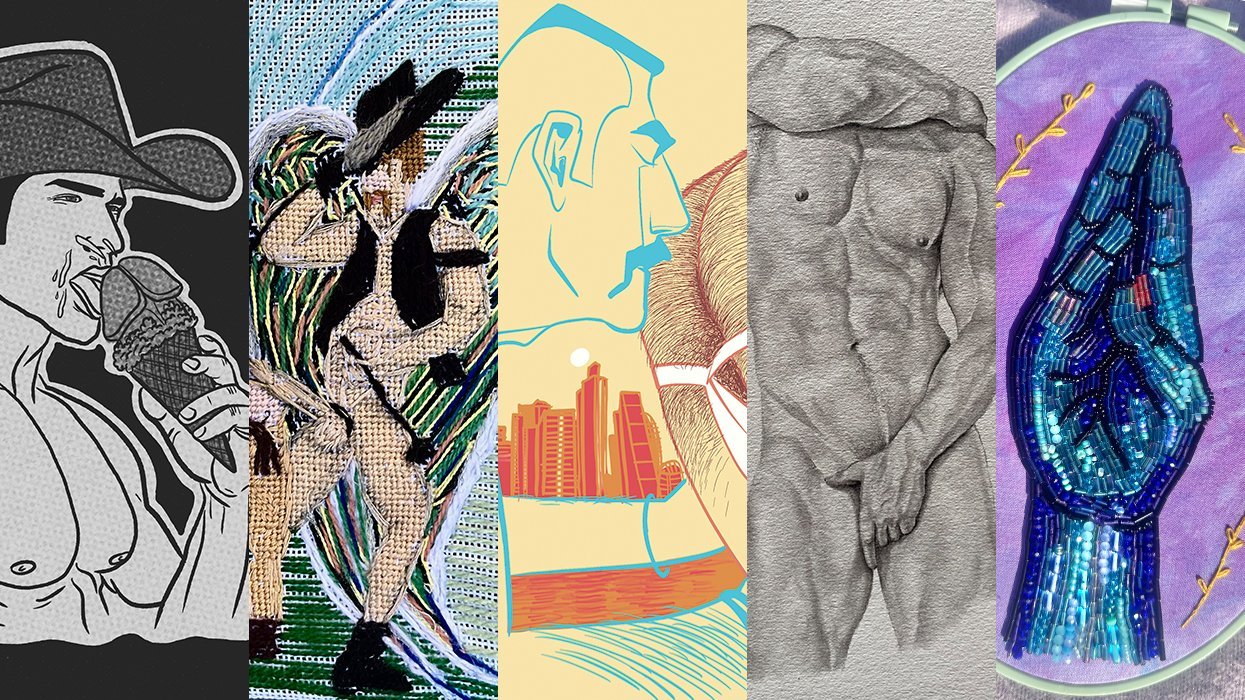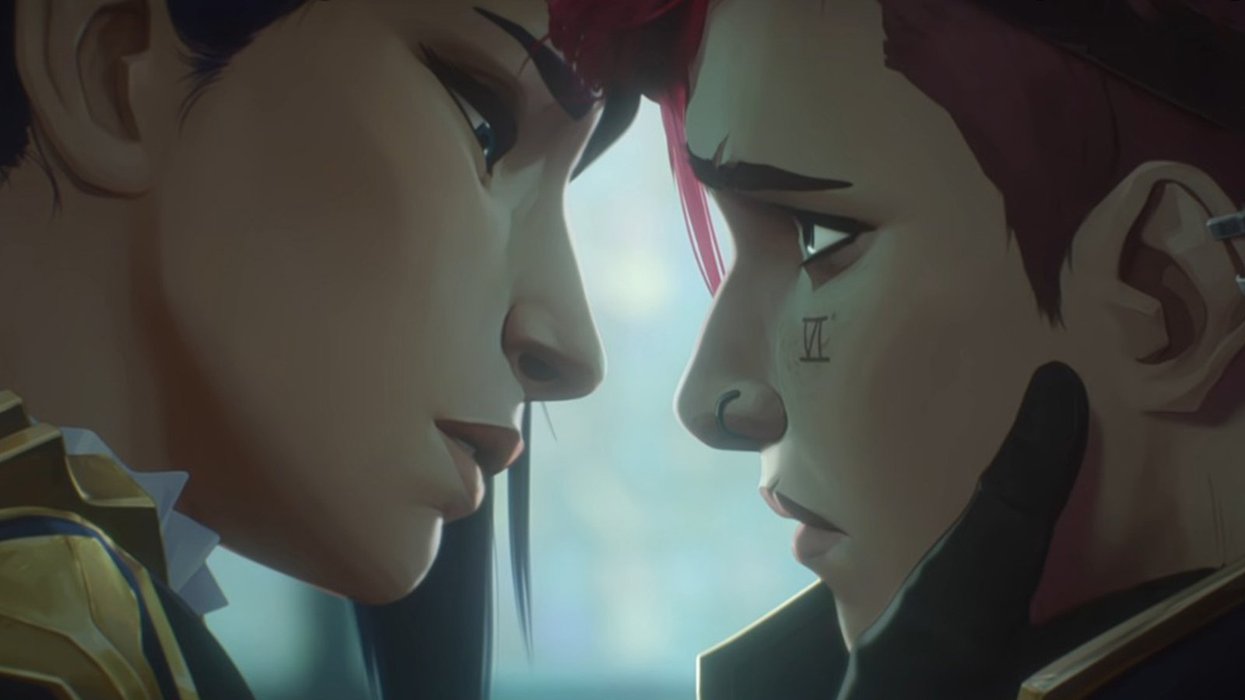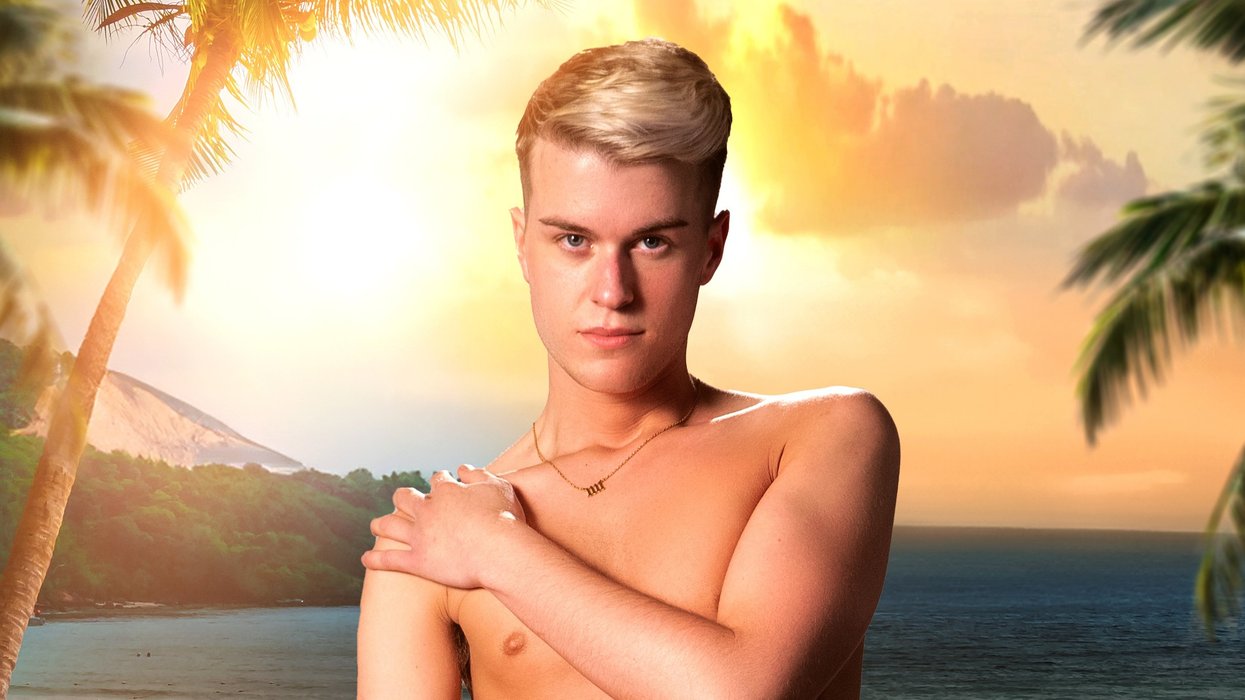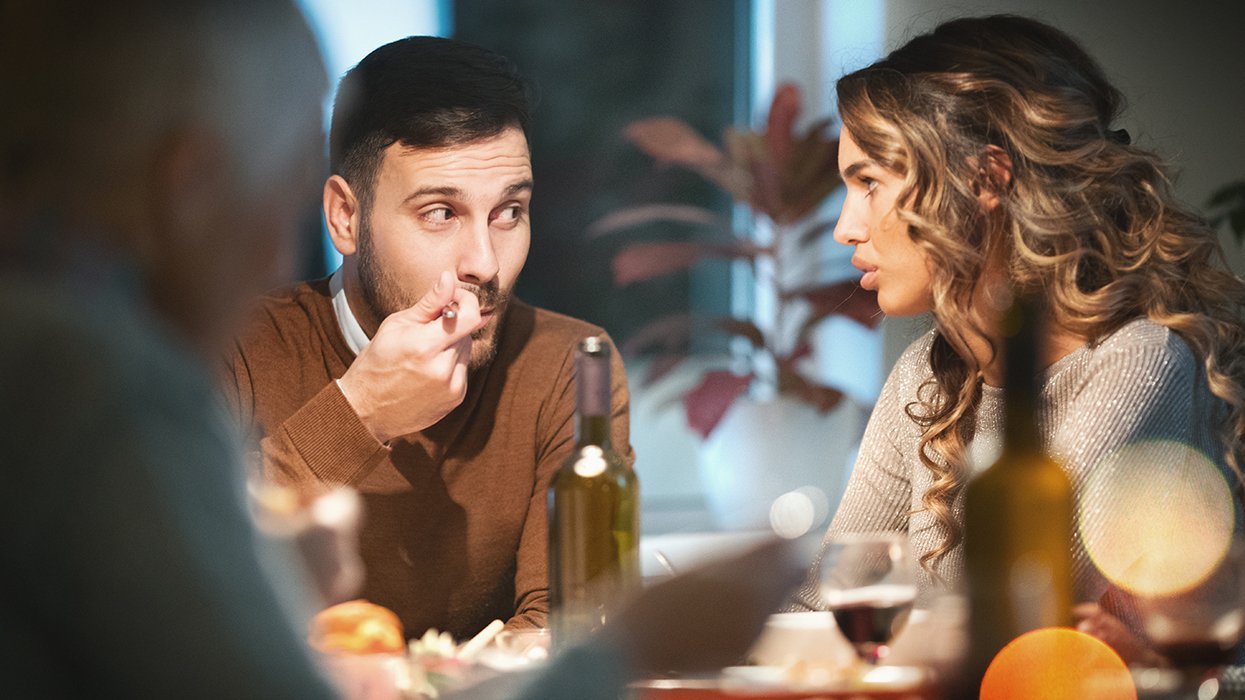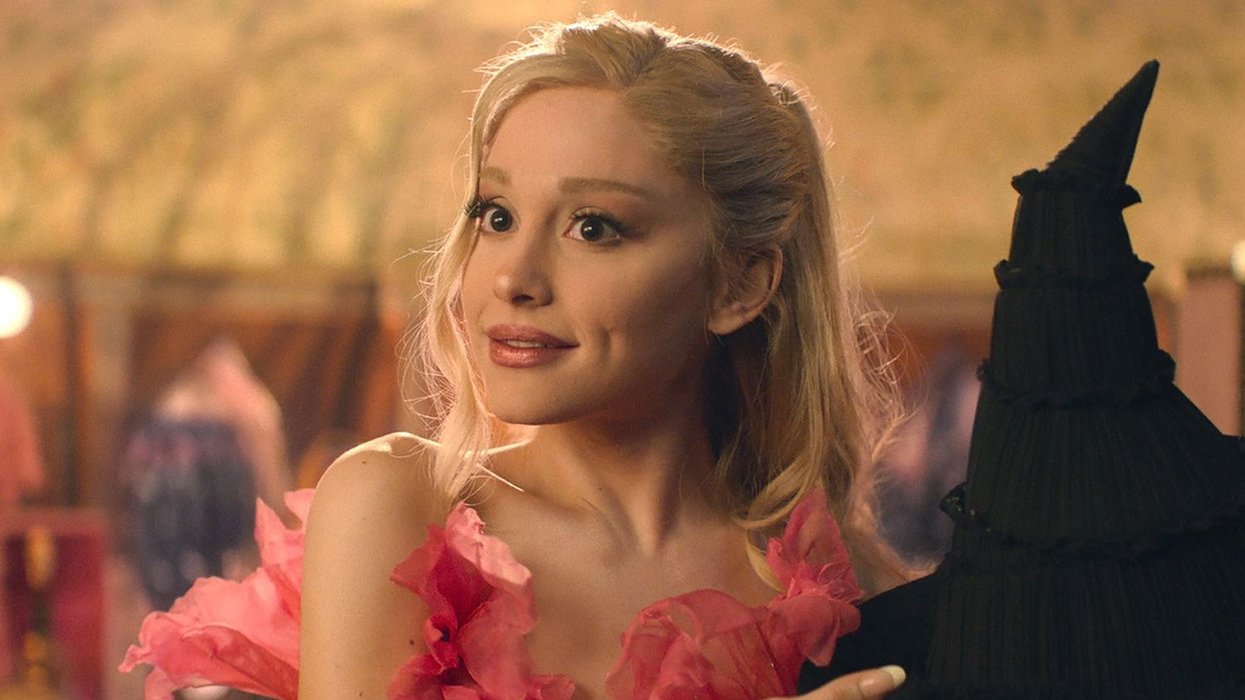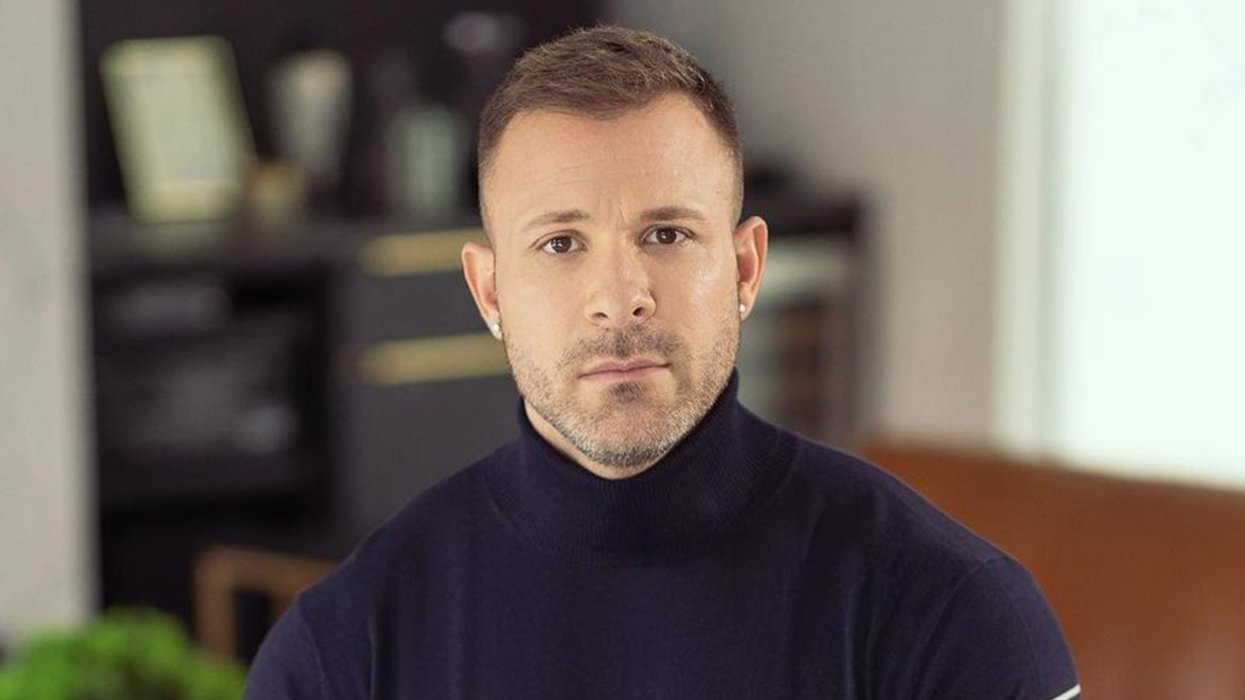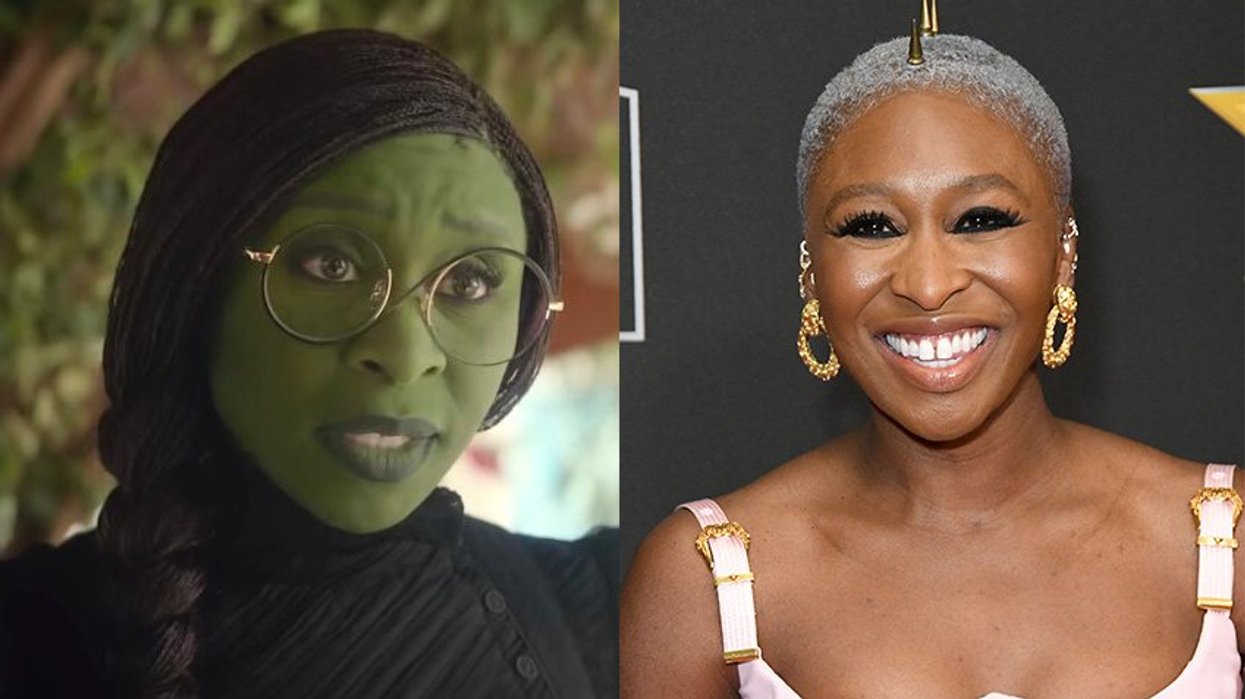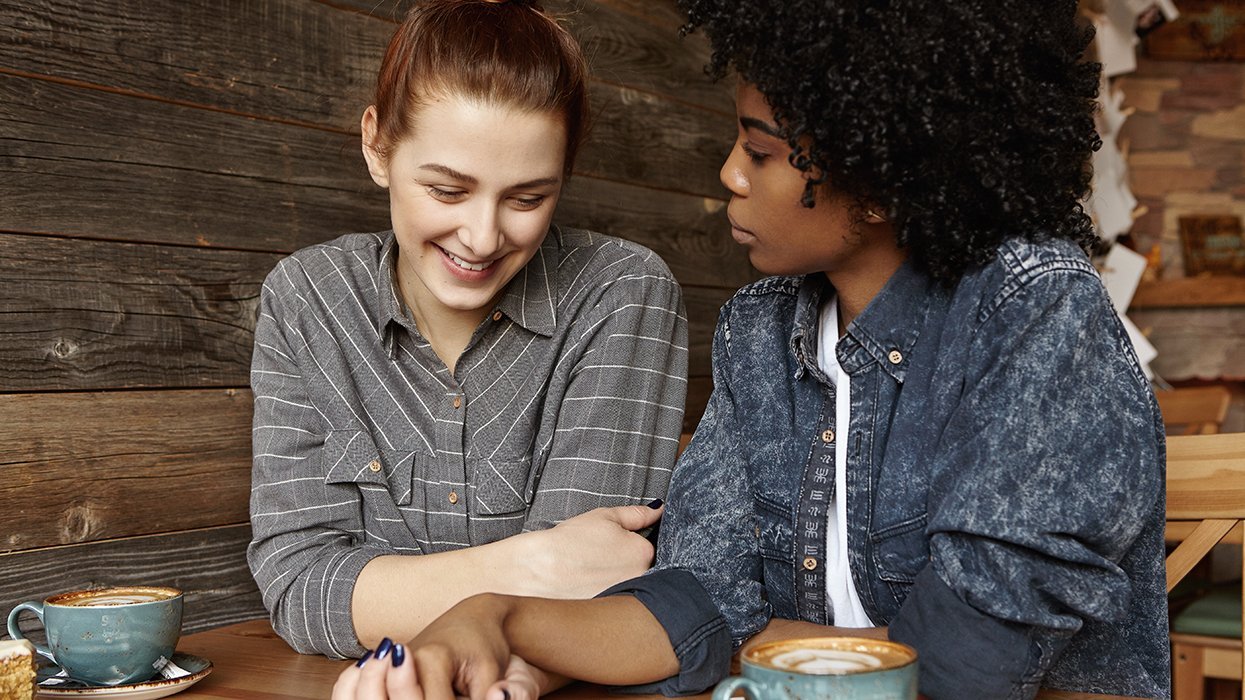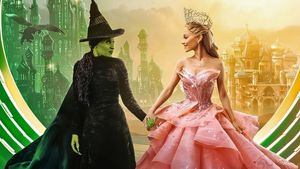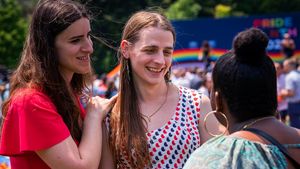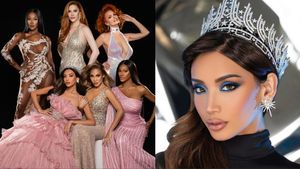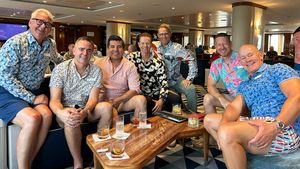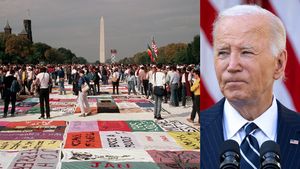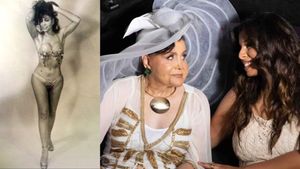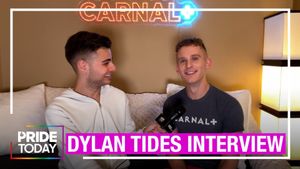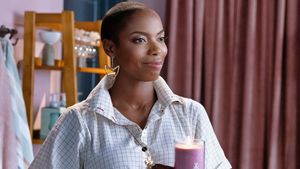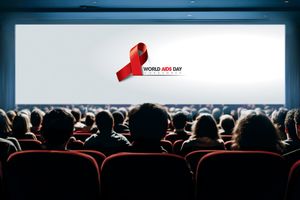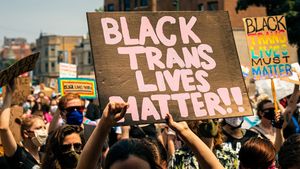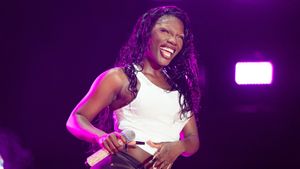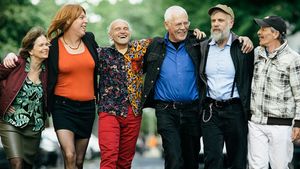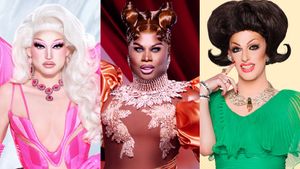Originally designed to be an academic oral history project, Glenne McElhinney had no idea that the interviews of 11 Los Angeles gay-rights pioneers that she was conducting as part of the Impact Project would turn into On These Shoulders We Stand, a feature-length documentary screening at Outfest.
The 75-minute doc weaves together a series of interviews of 11 L.A. residents who played a prominent role in its LGBT history and is intended to tell the history of the city’s gay life and activism by the people who lived it: Ivy Bottini, Maria Dolores Diaz, Marsha Epstein, Miki Jackson, Don Norman, the Rev. Troy Perry, Dale Reynolds, Margo Strik, Kevin Thomas, Nancy Valverde and Mia Yamamoto.
Impact Stories proposes that the genesis of the gay-rights movement began before 1969’s Stonewall riots in New York. McElhinney, through first-person accounts from elderly members of California’s LGBT community, offers that its genesis began in the shadow of the Hollywood sign and traces the movement’s history through the “Golden Age”: starting in 1966 with the coalescing of the California Homophile Rights effort through 1981’s arrival of AIDS when a new era of activism was born.
The doc sheds light on the movement’s two main differences, according to LGBT oral historian McElhinney: L.A.’s repressed coverage of the movement in the press and lack of a strong, organized movement.
“In New York they got great coverage of all the Stonewall events — at the time — and a very organized and well-thought-out commemorative committee formed in the fall of 1969 and sent out calls and letters across the country,” she says. “New York was smart and able to follow through on celebrating the uprising right from the start. Here in L.A., every time the LGBT community tried something, the powers that be made sure it was suppressed.”
Through the interviews, McElhinney found that L.A.’s LGBT community started organizing “many years before Stonewall.”
“In L.A., a lot of groups that were nationally known early on actually started in Southern California,” she says. “A lot of the early homophile efforts and publications came out of L.A. Some of the interviewees knew about or participated in the early activism here, pre-Stonewall. There were protests about police raids and entrapment arrests. In the interviews, there is acknowledgement of statewide organizing of demonstrations and actions, all pre-Stonewall, here in L.A. A lot of the work the groups did here — and across the country — has been apparently eclipsed by the Stonewall myth that everything started in June of 1969.”
McElhinney’s interviews, however, also show the similarities between the movements on each coast, which included “police repression, harassment and entrapment in the bars, criminalizing us. Humiliating treatment of drag queens and transgendered people. Naming people’s names in the papers after ‘morals’ arrests, or ‘lewd conduct’ arrests. Both cities had very large and vibrant LGBT communities, both communities were constantly aware it was unsafe to be gay and one had to be careful when out in public. For Los Angeles there was also the homophobic undercurrent in Hollywood."
More on next page...
\\\
(continued)
“Shoulders,” like L.A.’s gay-rights movement, also had early roots — as Impact Stories, a collection of vignettes “designed to interest young people in California history,” McElhinney says. “After doing some research after we shot the footage and showing it to college professor colleagues of the project, they went wild and explained to me that we had something special in the vignettes. I agreed.”
“All the interviews were L.A. focused and they all were such good storytellers it made sense to honor their stories and all the rich history from this region and try to make it in to a doc,” she adds. “We are proud as a team to have accomplished that goal. … We pack a lot of historical stories into 75 minutes."
Some of that history, for example, includes how writer/film critic Thomas dealt with being gay and working at the L.A. Times when being out was not socially accepted; actor Reynolds’ firing for coming out on a TV show shoot; artist Jackson sharing how they used to have an organized group who would bail people out of jail; and Perry discussing the very first Pride Parade in the country — the Christopher Street West Parade in Los Angeles.
McElhinney says while some participants were sought out, others were selected at random. “The fact that some were stories essentially chosen at random just tells me how many wonderful stories there are out there and how important it is to capture them before it’s too late,” she says. “We were lucky to get the ones that we did and I hope this film inspires even more of our elders to tell their stories so our community has broad access to its own history.”
McElhinney, who says “little of our West Coast LGBT history is known to popular audiences,” hopes to continue shedding light on Los Angeles’ contribution to California and national LGBT history through touring the state’s classrooms, community centers and historical societies with a multimedia presentation using clips from films, interviews and archival footage.
“I will also go back to doing oral histories of Californians across the state and eventually set up more oncamera interviews where the footage may be used in future documentaries,” she says.
As for “Shoulders,” the new filmmaker is applying to other festivals following its July premiere at Outfest.
“Distribution is very important, as we feel this film really speaks to audiences wanting to know about our significant, yet underreported history,” McElhinney says. “The film overall is a good story about individuals standing up for their rights, and triumphing over systems and laws that were put in place to keep us down.
“Ultimately, I hope this becomes an educational film,” she adds. “I truly believe that if young people understand their own history, especially young LGBT people, they will be able to live their own lives that much more freely and openly. Which is exactly what we’ve been fighting for all these years.”
“On These Shoulders We Stand” screens July 11 and 18 at Outfest.










































